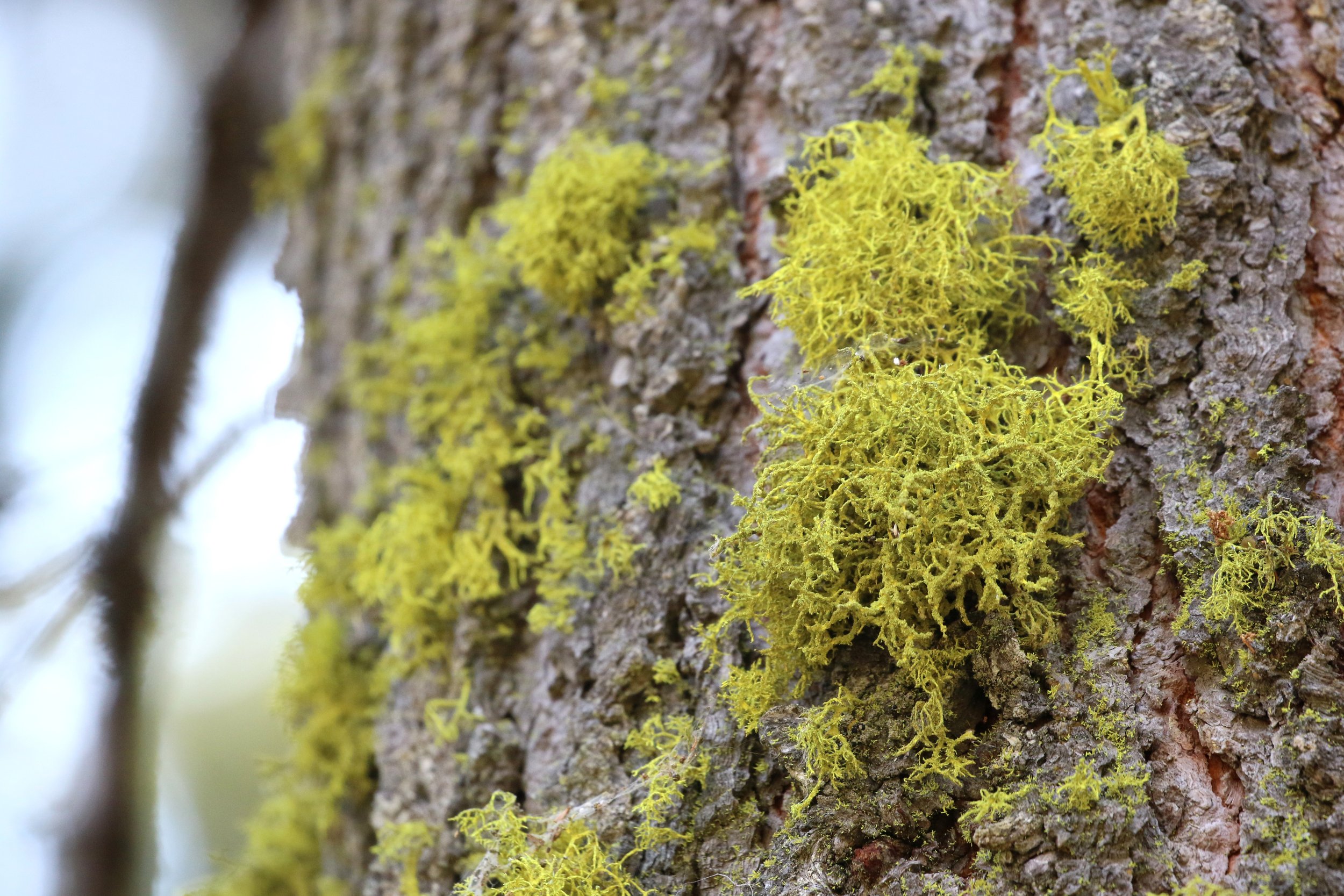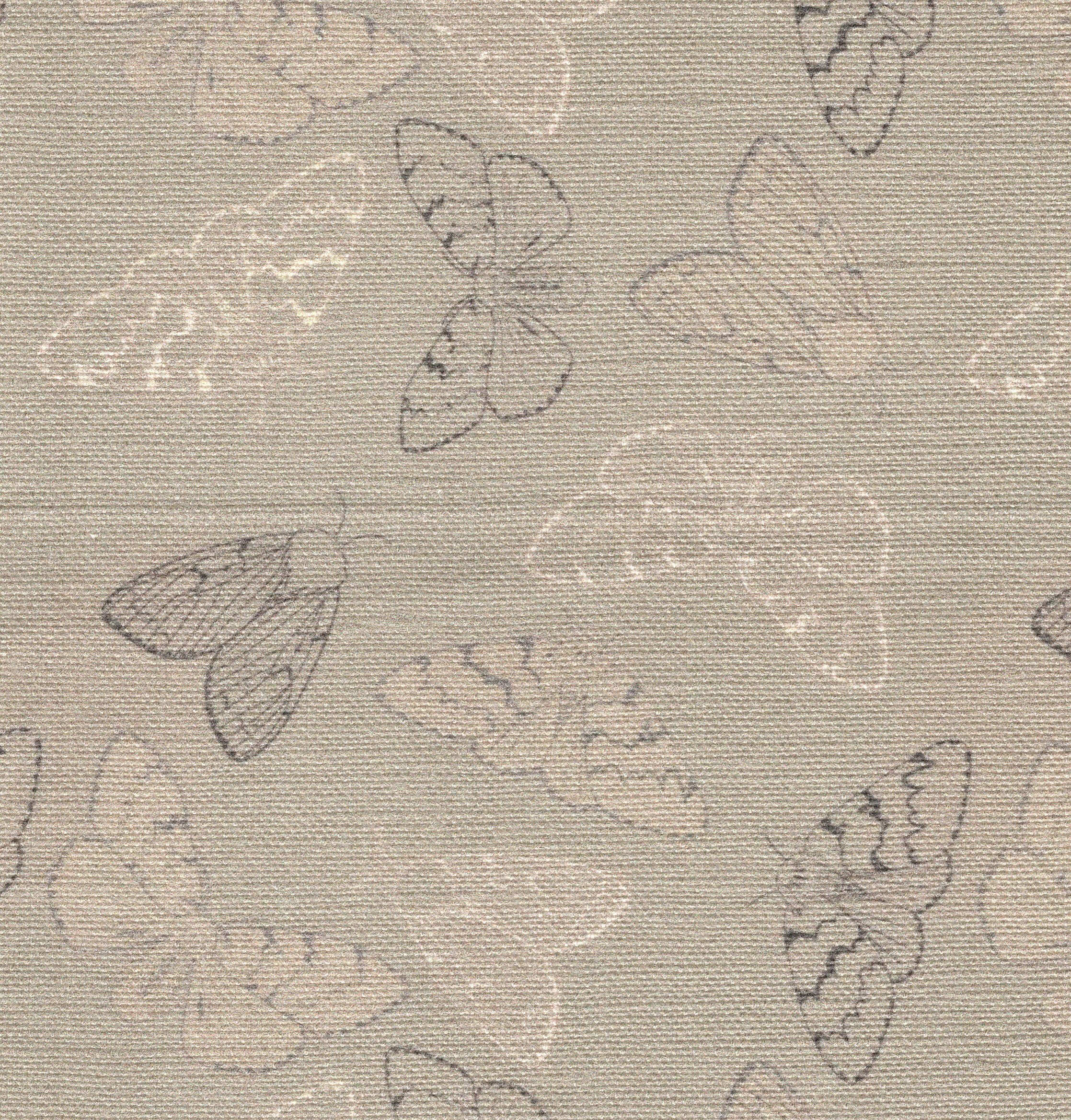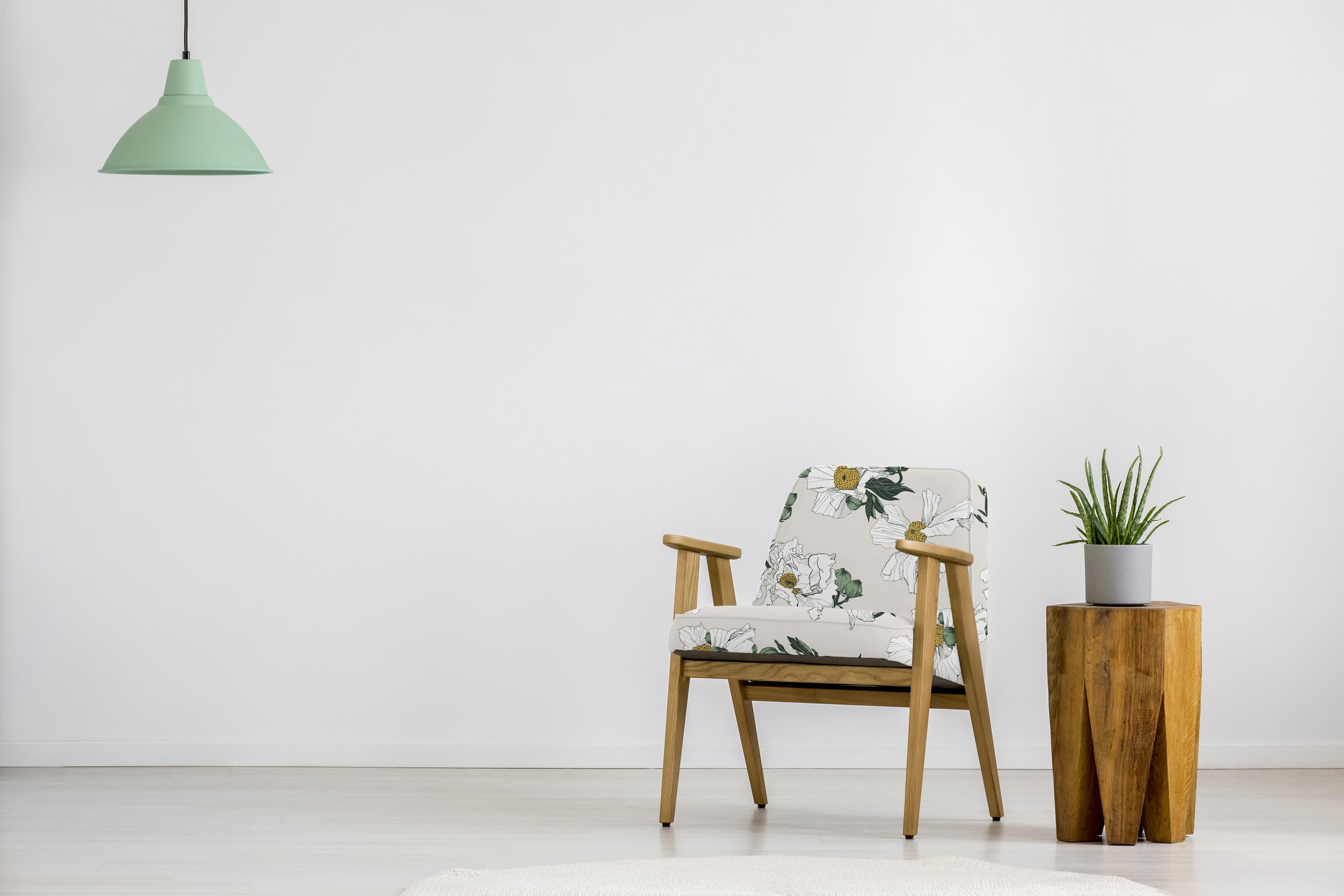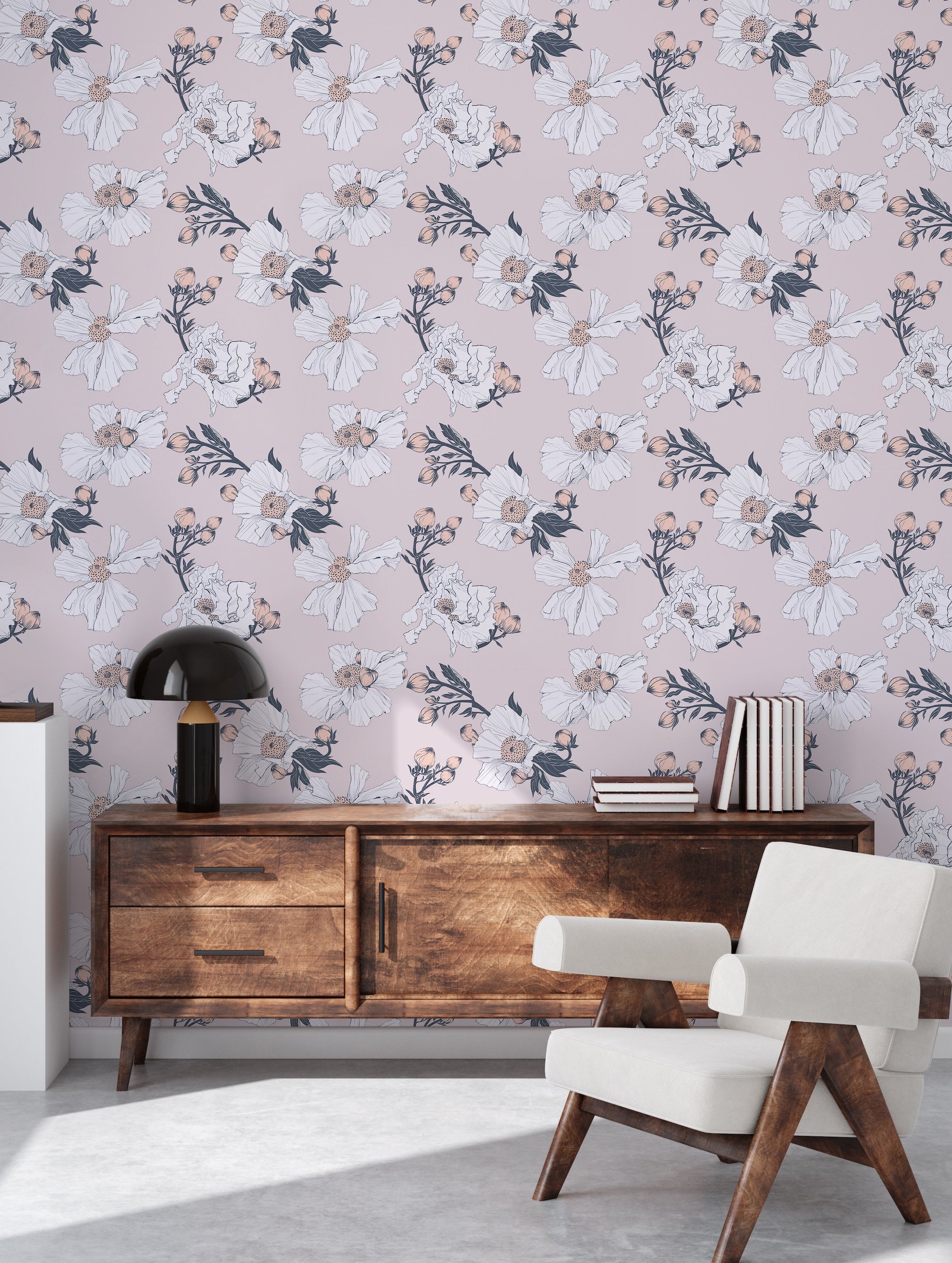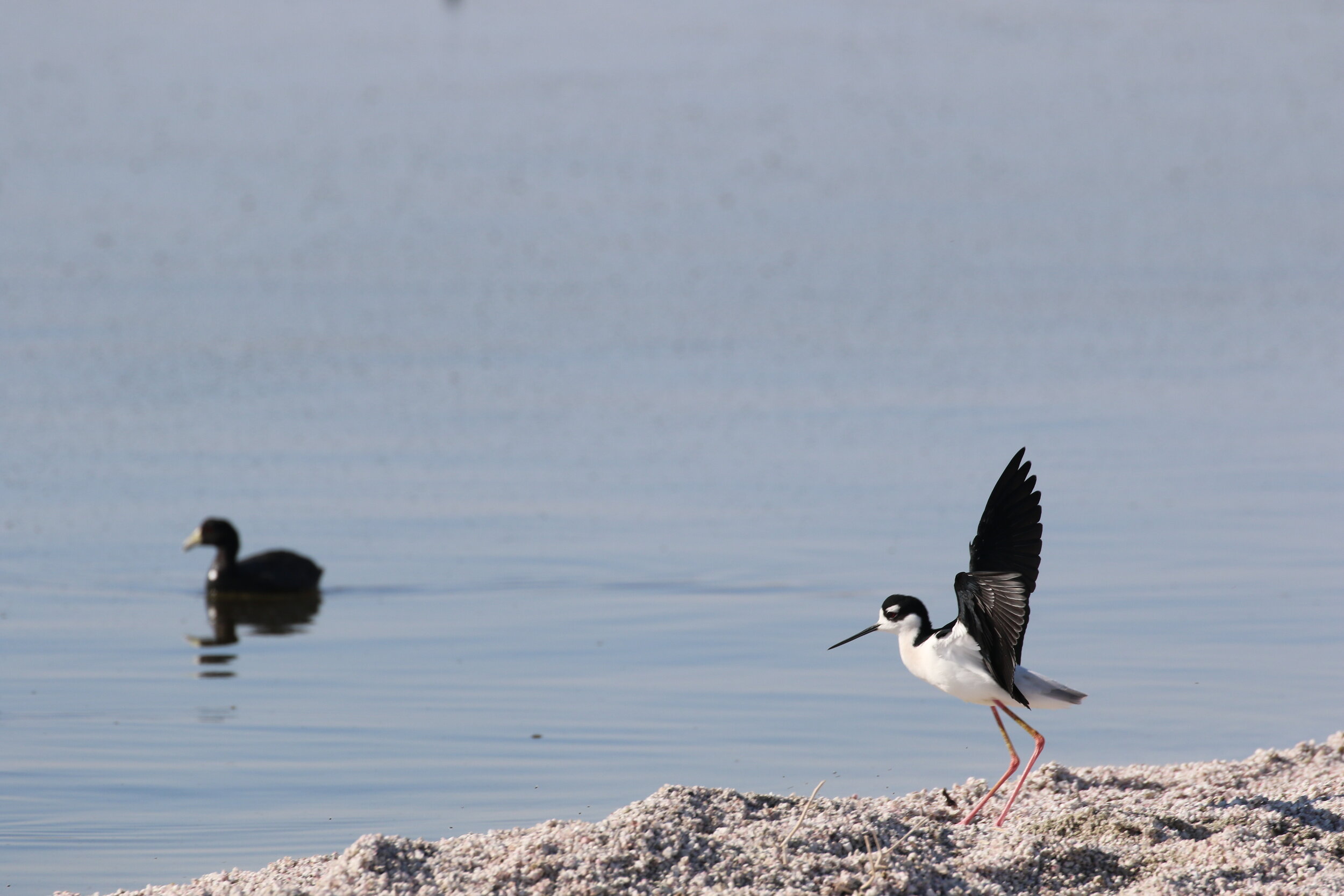Kale Tree Supports Sierra Club’s Campaign to Protect California’s Forests
Yucca, Pine trees, Cyprus trees, and grasses. Angeles National Forest, California.
California's forests are abundant with natural wonders to explore. According to the US Department of Agriculture, forest land makes up one-third of California's total land area. California's forests host millions of residents and visitors enjoying our state's natural beauty while participating in endless recreational and educational activities such as hiking, camping, and birdwatching.
Red-shouldered Hawk (Bueto lineatus) located in Three Rivers, Southern Sierra Nevada, California.
While spending time outdoors is a valuable experience that enriches our quality of life, California's lush forests also provide vital services to a healthy ecosystem, including plant and wildlife biodiversity, flood and erosion control, and climate regulation. In addition, a healthy forest contributes to healthy air quality and reduces the impacts of climate change by absorbing Carbon Dioxide from the atmosphere.
Three Rivers, Southern Sierra Nevada, California.
California's forests are also a source of reliable, clean drinking water for our state's communities. By supplying and regulating water through meadows and watersheds year-round, our forests provide 65 percent of the state's clean water. Consequently, in drought-prone California, our water supply is dependent on our forest's health and function.
The sunset sky in Three Rivers, Southern Sierra Nevada, California.
As our climate continues to change and wildfires become a more common occurrence in California, there are several challenges that we must face in maintaining the health of our state's forests. A significant threat to the health of California's forests is an extreme logging method known as "clearcutting." Clearcutting involves cutting down natural forests and pouring herbicides on the site to make room for human-made tree plantations. These tree plantations do not replicate the ecosystems of a healthy forest and therefore pose a danger to California's biodiversity, air purity, water supply, and climate regulation.
Wolf Lichens (Genus Letharia) located in the Sequoia National Forest, California.
The protection of California's forests is essential to our livelihoods. Unfortunately, more than 50,000 acres of Californian forest are cut down every year due to clearcutting. Sierra Club's "Stop Clearcutting CA" campaign is raising awareness of the dangers of clearcutting and its adverse impacts on California's ecological wellbeing.
Chaparral Yucca (Hesperoyucca whipplei) located in Southern Sierra Nevada, California.
As a naturalist and advocate for environmentally compassionate design, Kale Tree Founder Sarah Barnard LEED AP, and WELL AP, is inspired to support Sierra Club's "Stop Clearcutting CA" mission to protect California's environment. To raise awareness of the urgent need to protect our forests, Barnard will utilize her skills as an artist to contribute photography of flora, fauna, and funga found in California's forests. She will continue to document forests, bodies of water, and wildlife for Sierra Club's campaign throughout the year.
Sparse Pine and Cyprus trees in Angeles National Forest, California.
If you wish to help preserve California's natural forests and support the "Stop Clearcutting CA" campaign, you are invited to sign Sierra Club's petition to Governor Newsom to end clearcutting in California's forests. Visit Sierra Club's website and resource page for more ways you can help protect California's forests and join the group on Facebook, Instagram, and Twitter.
Dried Pine leaves (needles) located in Three Rivers, Southern Sierra Nevada, California.
Bibliography
Balloffet, N; Deal, R; Hines, Sarah; Larry, B; Smith, N. 2012. Ecosystem Services and Climate Change. U.S. Department of Agriculture, Forest Service, Climate Change Resource Center. www.fs.usda.gov/ccrc/topics/ecosystem-services
“Focus on Forestlands in California.” USDA Climate Hubs. www.climatehubs.usda.gov/hubs/california/topic/focus-forestlands-california.
“Nature's Benefits.” Angeles National Forest - about the Forest. www.fs.usda.gov/detail/angeles/about-forest/?cid=fseprd604146.
“Stop Clearcutting CA.” Sierra Club. https://www.sierraclub.org/grassroots-network/stop-clearcutting-ca.
Trail signage at the Red Box Picnic Area in the Angeles National Forest, site of the 2020 Bobcat Fire.
Kale Tree + Healthy Home Decor
Butterfly Dreams Bed by Kale Tree.
Inspired by nature, fueled by community, and made with love. At Kale Tree, we aim to uplift the global community through nature-inspired home design. The source of our namesake is a beautiful, dark green shrub with kale-like curly leaves, known as Polyscias guilfoylei. This kale-like tree is resilient and hardy despite its delicate appearance. Like many of us, it takes time to grow but needs little coddling to succeed. The beauty, versatility, and self-sufficiency of this leafy evergreen aptly represents Kale Tree and our mission to promote health and well-being by strengthening our connection to nature, inside and out.
Moth Textile by Kale Tree.
Based in Southern California, we believe that our home should reflect what calms and inspires us. We find endless inspiration from the surrounding mountains, beaches, and desert landscapes. Whether it's the California native Matilija Poppy or a coastal Mangrove Tree, we extend our love of nature through thoughtful biophilic home design.
Kale Tree is comprised of nature-loving creatives who value community and personal wellness with a shared commitment to conscious, sustainable home design. Founded by WELL- and LEED-accredited interior designer and naturalist Sarah Barnard, Kale Tree aspires to improve accessibility to ethically produced, eco-friendly home decor while making the conscious effort to promote wellness through socially and environmentally responsible home design.
Matilija Poppy Textile - Natural by Kale Tree.
We believe that individual wellness is directly connected to nature. Biophilic home decor has the potential to evoke similar mood-boosting effects to spending time outdoors. Our studio understands the importance of uplifting the well-being of each other and places equal value on lasting environmental health. Working from a cosmopolitical standpoint, we aim to uplift our community through closeness to nature by designing our products with conscious intent, considering the environment at every stage of our production process.
Mallow Textile in Dusty Dawn by Kale Tree.
Natural and Organic Fibers
Natural fibers provide a unique tactile experience and biodegrade more naturally over time. Kale Tree offers products made from natural and organic materials, including textiles made from Belgian Linen, New Zealand Wool rugs, and furniture made from sustainable hardwoods.
Mangrove Rug by Kale Tree.
Vegan Choices
As naturalists and animal lovers, we understand the importance of choosing products that align with your values. All of our area rugs are available in Bamboo Silk, a vegan fiber with a soft sheen derived from bamboo plants. Our textiles and wallpapers are made from cruelty-free plant-derived materials.
Mallow Wallcovering in Midnight Forest by Kale Tree.
FSC certified Hardwoods
Our furniture is handcrafted in Los Angeles from Forest Stewardship Council (FSC) hardwoods. FSC certification ensures that the hardwoods we use are sourced in an environmentally responsible manner to help support sustainable forest management.
Matilija Poppy Wallpaper - Putty by Kale Tree.
Greenguard Gold Certified
We believe that a healthy home is a happy home. Kale Tree's PVC-free, low-VOC wallcoverings help maintain healthy indoor air quality and are Greenguard Gold Certified.
California native Lupine and Salvia. Photo by Sarah Barnard.
Kale tree works closely with a team of like-minded artists, designers, and artisans from diverse backgrounds to create healthful, ethically produced goods inspired by the intersection of art, design, and nature. All goods are made with love and designed with the intent to bring beauty, health, and joy to you and your home.
The Magic of Mangroves: Kale Tree by Sarah Barnard Design releases new rug for summer
Just in time for Summer, Kale Tree by Sarah Barnard Design is releasing an exclusive mangrove patterned rug honoring one of nature's greatest natural healers.
Just in time for Summer, Kale Tree by Sarah Barnard Design is releasing an exclusive mangrove patterned rug honoring one of nature's greatest natural healers.
Crucial for sustaining a vast ecosystem, mangroves provide food and shelter for local wildlife and offer filtration. Found above ground but rooted in saltwater, the plants connect land and sea. Their presence improves water quality, particularly beneficial to coral reefs, another crucial ecosystem. Mangroves will also naturally absorb water when typhoons and hurricanes hit, serving as a protective barrier to those living near the coast.
Coastal development, farming, and industry are all contributing to a rapidly decreasing presence of mangroves. These plants are not only beautiful but offer incredible ecological support for a great range of life in the ocean and on land.
Kale Tree Shop is known for its dedication to the environment. Its newest summer collection highlights the value of this incredible plant life. Interior Designer Sarah Barnard, LEED and WELL AP, says, "As an environmentalist, I've always been inspired by coastal nature and am committed to its preservation. Mangroves are such an incredible natural resource." Sarah believes that the mangroves speak to the earth's ability to heal. "As humans, we have a role as stewards for the planet. We are part of a rich ecosystem, and acknowledging that relationship is a huge step in appreciating our earth through care and intentionality."
Beyond hoping to draw more attention to vital mangroves, Kale Tree Shop will donate a percentage of all net proceeds to the Mangrove Action Project. They are self-described as an organization that “empowers local stakeholders to mitigate mangrove stressors, and teaches them how to use mangrove ecology and biology to facilitate natural regeneration."
The rugs are available in several sizes, in 100% New Zealand natural wool or vegan bamboo silk, which offers a soft sheen. Two colorways, Land with warm mushroomy browns and Sea in soothing blue-greys, have neutral palettes pulled from two worlds the plant occupies. Each rug is made to order, and colors and sizing can be customized to fit individual needs.
Kale Tree Shop offers beautiful and unique products inspired by nature that acknowledge the need to care for our earth through conscious sourcing and material selections. In addition to the Mangrove Rug, Kale Tree offers a variety of products, including abutilon-inspired wallpaper and textiles. Kale Tree's previous collections include its Moth Rug and a light inspired by its host plant, the ginkgo tree. Sarah is an avid birder and gardener, and her inspiration comes from time spent outdoors.
As the heat comes in and more and more people make their way to the beach, Sarah hopes the rug serves as a reminder to cherish our coastlines. The rug will be available through https://www.kaletree.com beginning June 21st to welcome in summer.
###
Sarah Barnard is the founder of Kale Tree and a creator of environments that support mental, physical and emotional wellbeing. An advocate for consciousness, inclusivity, and compassion in the creative process, Sarah has been quoted by Architectural Digest, Elle Décor, Vouge, HGTV and many other publications.





